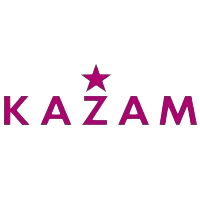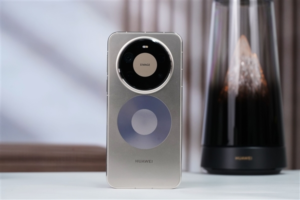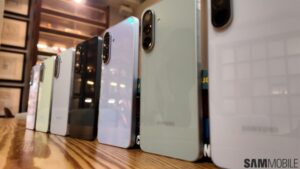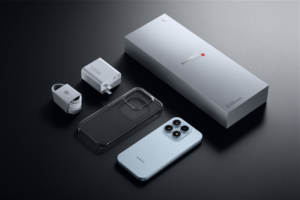HarmonyOS: A New iOS Challenger

In the world of mobile operating systems, iOS and HarmonyOS stand out as two significant players, each with its unique approach and ecosystem. While iOS, developed by Apple, has been a major force in the market for years, HarmonyOS, developed by Huawei, is a newer entrant that has garnered attention. This article delves into the features, differences, and potential future of these two operating systems.
iOS: The Cornerstone of Apple’s Ecosystem
iOS is the operating system that powers Apple’s iPhone, iPad, and iPod Touch. Known for its intuitive interface, robust security features, and seamless integration with other Apple products like the MacBook, Apple Watch, and Apple TV, iOS has a loyal user base. The App Store, an integral part of iOS, offers a wide range of apps and games and is known for its strict app review process that emphasizes quality and security.
HarmonyOS: Huawei’s Answer to a Seamless Experience
HarmonyOS, on the other hand, is a relatively new operating system developed by Huawei. Initially designed to be a multi-platform OS, it aims to provide a seamless experience across a wide range of devices, including smartphones, smartwatches, and even smart home devices.
HarmonyOS is part of Huawei’s strategy to create an integrated ecosystem, similar to Apple’s, but with a focus on a more open and interconnected experience.
Key Differences
- User Interface and Experience: iOS is known for its simplicity and ease of use, with a focus on minimalism and efficiency. HarmonyOS, while also aiming for an intuitive user experience, emphasizes connectivity between different types of devices, offering a more versatile and integrated experience.
- App Ecosystem: The App Store for iOS is one of its strongest points, with a vast array of high-quality apps. HarmonyOS, with its Huawei AppGallery, is still in the growing phase, trying to attract developers to build apps for its ecosystem.
- Security and Privacy: Apple has a strong reputation for protecting user privacy and security, with iOS featuring robust built-in security measures. HarmonyOS also places a high emphasis on security, with Huawei investing in developing secure systems to protect user data.
- Compatibility and Integration: While iOS is designed to work seamlessly within the Apple ecosystem, HarmonyOS aims to be more versatile, supporting a broader range of devices and manufacturers.
The Future Landscape
The future of these operating systems is shaped by the evolving needs of users and technological advancements. iOS continues to evolve, with Apple regularly updating the system to add new features and enhance security. HarmonyOS, being newer, has the potential to grow and expand its reach, especially in markets where Huawei has a strong presence.
Wrapping Up
Both iOS and HarmonyOS offer unique experiences and cater to different user needs. iOS’s strength lies in its simplicity, security, and vast ecosystem of apps and services. HarmonyOS, with its focus on cross-device integration and an open ecosystem, presents an exciting alternative.
As the tech world continues to evolve, the competition and innovation between these operating systems will undoubtedly lead to more advanced and user-friendly technologies.

Kazam is Focused on creating and reporting timely content in technology with a special focus on mobile phone technology. Kazam reports, analyzes, and reviews recent trends, news and rumors in mobile phone technology and provides the best possible insights to enhance your experience and knowledge.













